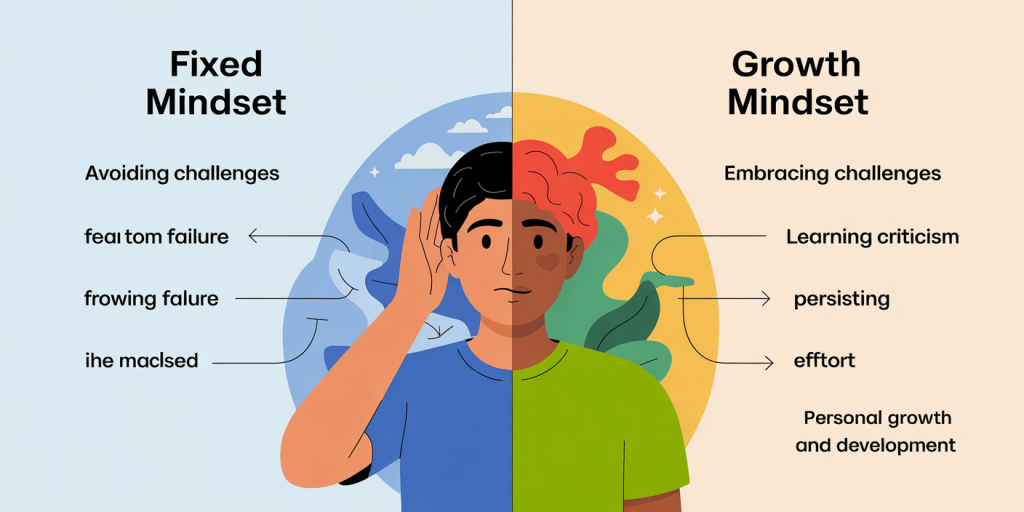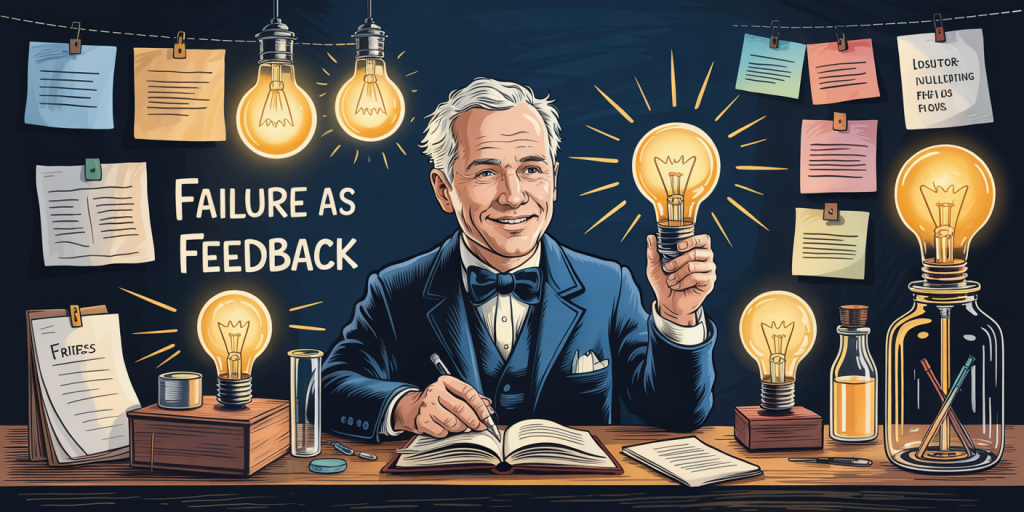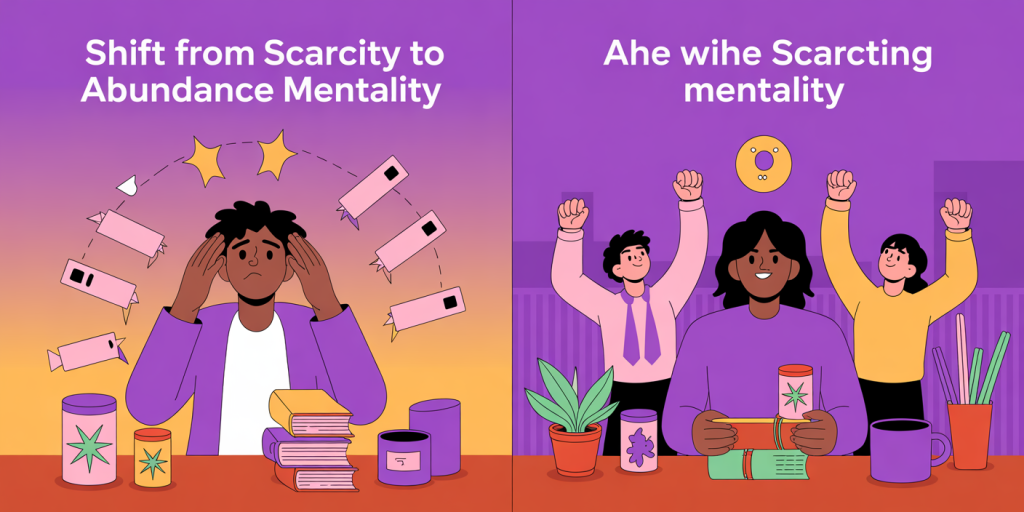Mindset Shifts That Will Change Your Life
Shifting your mindset is often described as a catalyst for personal transformation. The way you perceive challenges, opportunities, failures, or successes impacts your mental health, relationships, and career trajectory. According to Carol Dweck’s groundbreaking research, embracing a growth mindset—believing that abilities can be developed through effort—significantly improves motivation and performance. Shifts in mindset do not happen overnight; they require intentional habits and cognitive reframing but can lead to profound changes in life quality and output.
The following article explores several vital mindset shifts that can elevate your daily functioning and long-term fulfillment. Backed by psychological theories, real-world examples, and statistical data, these shifts offer a roadmap to breaking free from limiting beliefs. Each section dives into practical applications you can start implementing immediately, enhancing your adaptability and resilience in rapidly changing environments.
From Fixed Mindset to Growth Mindset: Embracing Learning and Development
A fixed mindset is characterized by the belief that intelligence and talents are innate and unchangeable. People with a fixed mindset often avoid challenges, fear failure, and get defensive when criticized. By contrast, a growth mindset encourages embracing challenges, learning from criticism, and viewing effort as a path to mastery.

One striking real-life example is NBA superstar LeBron James, who attributes his extraordinary career longevity and evolving skill set to a relentless learning attitude. Despite natural talent, his continuous commitment to improvement and feedback defines his professional mindset. Studies confirm that individuals with growth mindsets achieve higher academic performance; a meta-analysis published in *Psychological Bulletin* (2020) revealed a positive correlation (r = 0.35) between growth mindset and academic achievement across various age groups.
| Fixed Mindset | Growth Mindset |
|---|---|
| Believes intelligence is static | Believes intelligence can be developed |
| Avoids challenges to prevent failure | Embraces challenges for growth |
| Ignores or defends against criticism | Uses feedback to improve |
| Gives up easily when faced with obstacles | Persists despite difficulties |
| Threatened by others’ success | Inspired and learns from others’ success |
Applying this shift means altering your inner dialogue. Instead of thinking, “I’m not good at this,” change the narrative to, “I can improve by practicing.” This nuanced change encourages proactive behavior and resilience, progressively transforming setbacks into stepping stones.
Cultivating a “Failure as Feedback” Mindset
Fear of failure is one of the primary blockers to success and innovation. Shifting your mindset to view failure as valuable feedback instead of an endpoint can revolutionize how you approach your goals. This reframing reduces anxiety and encourages risk-taking, essential for growth in nearly every area of life.
Thomas Edison’s invention journey exemplifies this mindset perfectly. During the development of the electric light bulb, Edison reportedly said, “I have not failed. I’ve just found 10,000 ways that won’t work.” His relentless testing and learning from each unsuccessful attempt ultimately led to a revolutionary breakthrough.

A 2018 survey conducted by Gallup found that employees who view mistakes as learning opportunities report 46% higher engagement rates than those who do not. Businesses such as Google promote this mindset using “postmortem” analyses to dissect mistakes calmly and constructively without blame, fostering innovation driven by continuous improvement.
Practically, adopting this mindset involves setting smaller, iterative goals instead of chasing perfection immediately. Regularly reviewing what worked and what didn’t after projects or tasks reinforces this perspective. Over time, this practice diminishes fear, enhances creative problem-solving, and cultivates a proactive rather than reactive approach to challenges.
Shifting From Scarcity to Abundance Mentality
The scarcity mentality is marked by a belief that resources, opportunities, and success are limited. This worldview breeds competition, jealousy, and stress, which constrains personal growth and collaboration. Conversely, an abundance mentality recognizes the vast potential and resources available, fostering generosity, openness, and optimism.
For instance, Oprah Winfrey’s rise from poverty to media royalty involved overcoming a scarcity mindset. Early in her career, she focused on expanding opportunities by collaborating and sharing success rather than hoarding resources or envying peers. This attitude contributed to building a vast network and multiple successful ventures.
Psychological research from Stanford University (2021) confirms that individuals with an abundance mindset experience lower stress levels and greater life satisfaction, with a reported 26% improvement in well-being metrics compared to those with scarcity thinking.
| Scarcity Mentality | Abundance Mentality |
|---|---|
| Belief in limited opportunities | Belief in unlimited possibilities |
| Distrust and guarding resources | Generosity and sharing knowledge |
| Competitive and envious behaviors | Collaborative and supportive behaviors |
| Fear-driven decisions | Optimism-fueled decisions |
| Focus on losses and deficits | Focus on growth and opportunities |
To embrace abundance thinking, start by celebrating others’ successes genuinely and seeking opportunities to contribute without expecting immediate returns. Practicing gratitude for what you have also reorients your focus from lack to plenty, a potent psychological tool that enhances mental health and perseverance.

From External Validation to Internal Validation
Many people rely heavily on external validation from peers, supervisors, or social media to gauge their self-worth. This dependency fosters insecurity and emotional volatility. A transformative mindset shift is developing internal validation skills—trusting your own judgment, values, and sense of achievement.
Case studies of entrepreneurs like Sara Blakely, founder of Spanx, underline this shift. Blakely faced multiple rejections from investors early on but persevered because she believed in her vision independently. This intrinsic confidence was a major factor in turning a $5,000 savings idea into a global brand valued at over $1 billion.
According to Pew Research Center data (2022), 59% of adults who frequently seek external validation report higher anxiety and lower life satisfaction scores. Cultivating self-validation, on the other hand, correlates with greater emotional stability and decision-making autonomy.
Practical exercises include journaling your personal achievements daily, setting boundaries to reduce overdependence on others’ opinions, and practicing mindful self-awareness. Over time, increased internal validation fosters resilience and a more grounded identity less shaken by external ups and downs.
Embracing Adaptability in a Rapidly Changing World
The pace of change in technology, economics, and society demands that flexibility becomes central to your mindset. Rigid adherence to traditional paths or beliefs can lead to missed opportunities or burnout. Adopting a mindset that values adaptability enables you to pivot, innovate, and stay relevant.
Consider IBM’s reinvention in the 1990s when the company shifted from hardware manufacturing to a services-oriented business model. This change required an organizational mindset shift towards continuous innovation and open-mindedness, sparking a financial and cultural turnaround.
Research from the World Economic Forum highlights adaptability as one of the top skills for 2025, with 87% of employers prioritizing it in hiring. Individuals who practice adaptability experience 30% higher career longevity and report less stress when facing unexpected changes.
Develop this mindset by actively seeking new experiences, learning new skills regularly, and viewing uncertainty as an exciting challenge instead of a threat. Build mental and emotional flexibility through mindfulness practices and scenario planning, boosting your capacity to thrive in complexity.
Future Perspectives: The Mindset Revolution Ahead
Looking ahead, mindset shifts will continue to be central to personal and professional development, shaped by emerging technologies such as artificial intelligence and virtual reality. As automation changes many traditional jobs, the ability to learn, unlearn, and relearn will be crucial.
Educational institutions are already integrating growth mindset principles into curricula to prepare students for an uncertain future. Moreover, corporations are investing in mindset coaching programs to build agile workforces capable of navigating disruption effectively.
A future fertile for transformative mindset shifts is one where emotional intelligence, adaptability, and lifelong learning become as essential as technical skills. Neuroscience advances suggest that neural plasticity—the brain’s ability to change structurally—supports the idea that adopting new mindsets is biologically possible at any age, unlocking unprecedented potential.
Ultimately, the mindset shifts detailed above are not just theoretical constructs but practical tools that empower you to harness internal resources, foster resilience, and create a fulfilling life. Embracing these shifts early and consistently can set you apart in both personal satisfaction and societal contribution, crafting a future that is not dictated by circumstance but shaped by intentional mindset choices.
